The end of a relationship is always hard, whether it lasted for a few weeks or a few decades. You feel an unbearable pain that keeps you trapped in the past. You keep wondering if things could go back to how it was but you realize it won’t. You want this pain to end. But it just doesn’t. There are 5 different stages of grief at the end of a relationship and you need to go through them all, in order to move on and find happiness once again.
Psychologist Dr. Kübler-Ross wasn’t a relationship expert. She specialized in counseling those associated with grief from death.
While analyzing terminally ill patients, she observed the ways they would come to terms with their imminent demise and developed a theory that there are five steps necessary to properly grieve. Since then, many have drawn parallels between her theories as they pertain to processing the end of a meaningful relationship.
The key is to dedicate yourself to embracing your feelings as you go through this process. The more you open up and make yourself vulnerable, the faster you will be able to move on.
The most critical thing to realize is that oftentimes there isn’t something you can do to “fix” these feelings. The point is to let them happen simply and be aware of what they are. So, let’s break them down.

5 Stages of Grief at The End of A Relationship
Stage 1. Denial
The first thought of entering the human psyche after any traumatic event in their life—“How could this happen to me?”
Humans are not strictly rational beings and when your world is shocked, emotions take over. The heart overpowers the logical thought of the mind. Even though your brain is cognizant that the relationship is over, the heart can’t quite let go and will start to create a false sense of reality.
This is when you entertain fantasies of being able to work things out. You still feel that there’s hope. These delusions can lead you to do stupid things in an attempt to reconnect with your ex.
It’s critical to cut off communication so you’re not tempted by that late-night text. It’s not going to help. You’ll be tempted to hop on Instagram just to catch a glimpse of her smile, but what good will that do you?
Unfollow her on Facebook, remove her number from your phone for a while. Delete that playlist you guys shared together. You should also redecorate your pad and remove key triggers that remind you of her.
After my divorce, I moved to a new house altogether. I decked it out in my style and removed anything provoking bad memories. That had a massive impact on the overall vibe of my homestead. It now has a fresh, palpable new energy that has facilitated my healing and personal growth.
I’m not saying that you need to banish her from your life forever. But in the healing process as you grieve the relationship, stay distant and remove triggers that remind you of her. Going cold turkey for a while is the only way to accelerate progress through this critical phase.
Related: The Five Stages Of Grief: Exploring The Kübler-Ross Model
Stage 2. Anger
As denial fades away, emotional pain emerges and often manifesting itself in the form of anger. This will be channeled in a number of different directions.
You’ll certainly be angry with her, blaming whatever you can on why the relationship didn’t work out. You might feel angry at the world for not being fair. Maybe you feel like lashing out at her friends for corrupting her perception of you. You’ll be tempted to express this through hateful emails and text messages.
It’s okay to write those out to get all of your emotions out of your head and onto paper. But, for the love of God, don’t click send. Nothing good will come from it.
It’s natural and unavoidable to feel this way. Where you separate the mice from the men is how you effectively channel that anger in a productive way. You have to avoid bottling it up and unleashing your rage at an inopportune time.
Instead, take it out at the gym. Go for a run. Crush the boxing bag for a couple of rounds. Find ways to get it out of your system that won’t get you an overnight stay in the county jail.
Stage 3. Bargaining
Studies have shown that rejection from a romantic partner activates similar parts of the brain that are associated with addiction. There’s a scientific component that comes into play here. Studies have shown that rejection from a romantic partner activates similar parts of the brain that are associated with addiction.
Not unlike a drug addict, you physically become addicted to love. That warm, lovey feeling is triggered by a release of dopamine. Once your brain no longer receives that stimulation, you go into a type of withdrawal, which makes you feel like crap.
You begin to hypothesize different ways that you might have been able to make it work. You are willing to do anything to avoid accepting it’s over.
Maybe if you had gone to therapy a few more times together. What if her family was able to talk some sense into her? Dozens of thoughts on what you could have done differently to salvage this relationship creep into your head.
Your heart is making a last-ditch effort to avoid suffering at all costs. This reinforces why it’s best to cut off all communication. What good does it do you to text or call her at this point? If you don’t hear back for a day, won’t that drive you crazy? You have to start thinking about yourself now.
There’s very little benefit to come from staying in touch with her for the time being. Thoughts will drive through your mind as to what she’s doing and why she’s not getting back to you. Don’t reach out. Focus on yourself for now.
Related: The Stages Of Grief: Ways To Cope With Loss and Minimize The Pain
Stage 4. Depression
The night is darkest just before dawn. As your heart gives up at the conclusion of the bargaining phase, depression kicks in.
You feel sorry for yourself. Getting out of bed becomes an arduous task. Everything becomes a disconnected, hopeless blur. You wonder if you’ll ever find someone to love again. Say to yourself, “It’s okay, sadness. I see you. I love you. I respect and honor you. I will let you be. But you are not what defines me.”
The most critical thing to do during this phase is to acknowledge the feelings, but realize that they don’t make you.
Reconnect with friends, family, and colleagues that you haven’t spent much time with. It’s easy to lose sight of majorly awesome and important people in your life when you’re wrapped up and whipped down by a broad.
Just as important as it is to bring the right people into the mix, it’s equally crucial to keep toxic influences out of your personal ecosystem. If you have a buddy that suggests getting out there and partying your ass off to hammer through the depression, resist that temptation.
Alcohol and drugs will only exacerbate the issue. Focus on strengthening your body through exercise and whole foods. Feeling better physically will have an impact on your mental fortitude as well.
Seek out a therapist. For some bros, this is a big leap of faith, but it can jumpstart your progress in a major way. I recommend a psychologist as opposed to a psychiatrist. I can’t cosign the route of prescription drugs to defeat depression.
Tackle it naturally. You’re a strong dude and can take this on without a trip to the pharmacy. Your body and mind will thank you in the end.
Start documenting your thoughts in a journal. It’s therapeutic to release your feelings from your mind onto paper. Understanding and accepting what you are feeling is the first step to being able to overcome negative emotions.
The most important thing to realize is that you’re not alone. You have amazing friends and family to help. This also won’t last forever. As long as you take the right steps, this pain is temporary.

Stage 5. Acceptance
Eventually, your heart, mind, and soul will accept that this phase of your life is over and it’s time to move on. This is the proverbial light at the end of the tunnel. It’s an incredibly liberating and inspiring feeling.
Make peace with the loss of your significant other. Accept that your relationship is no more. Accept that you have a clean slate to start fresh. Accept the fact that there’s a bright future for you ahead.
You will eventually be ready to forgive your ex, and potentially even thank her. The time you had together was not a waste. It helped define part of who you are. Be grateful for the time you had—not resentful.
Related: Behind The Veil Of Grief
Once you’ve reached self-love and inner peace, you will naturally put out natural, awesome energy that will attract someone much more connected to your heart, soul, and emotions.
Written by Matt Shumate Originally appeared in The Goodmen Project
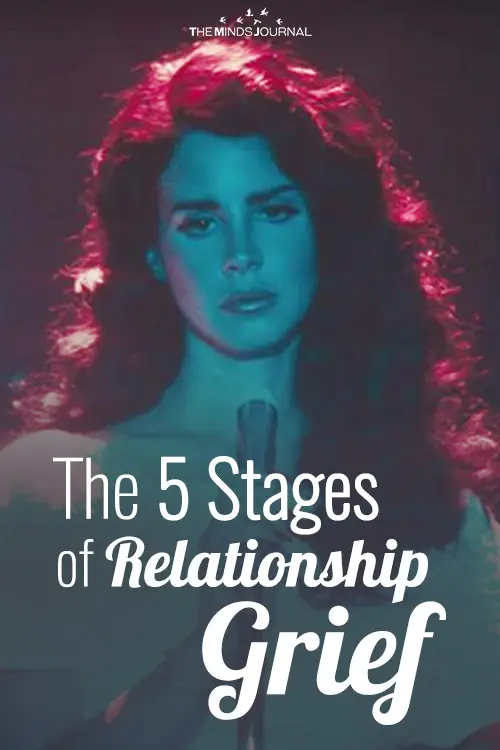



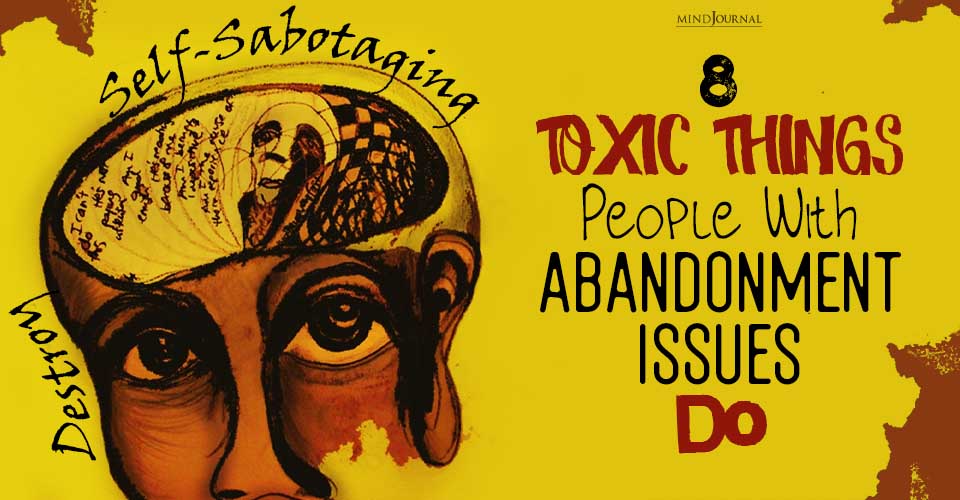
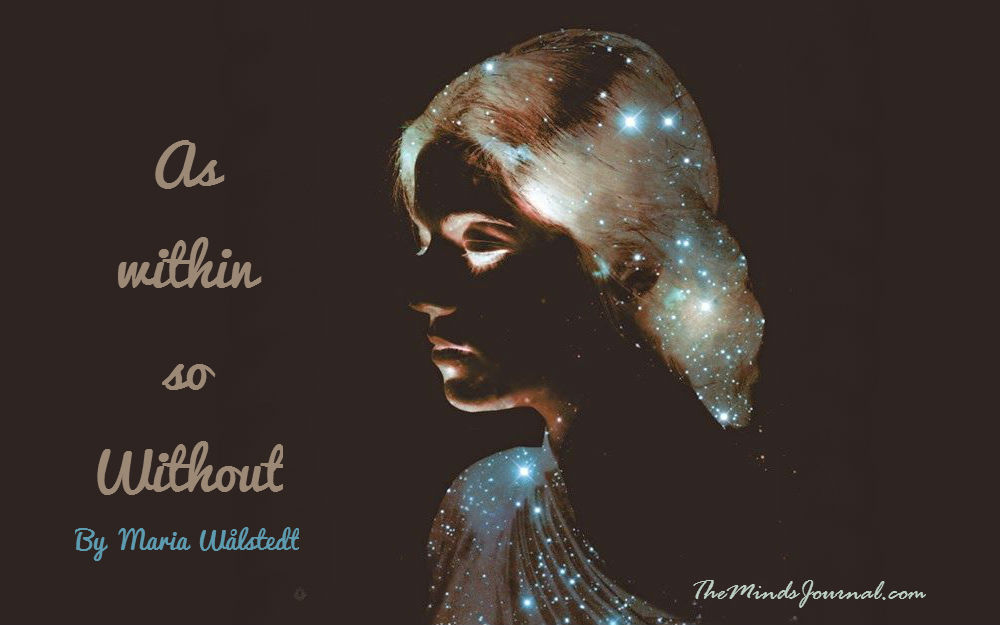

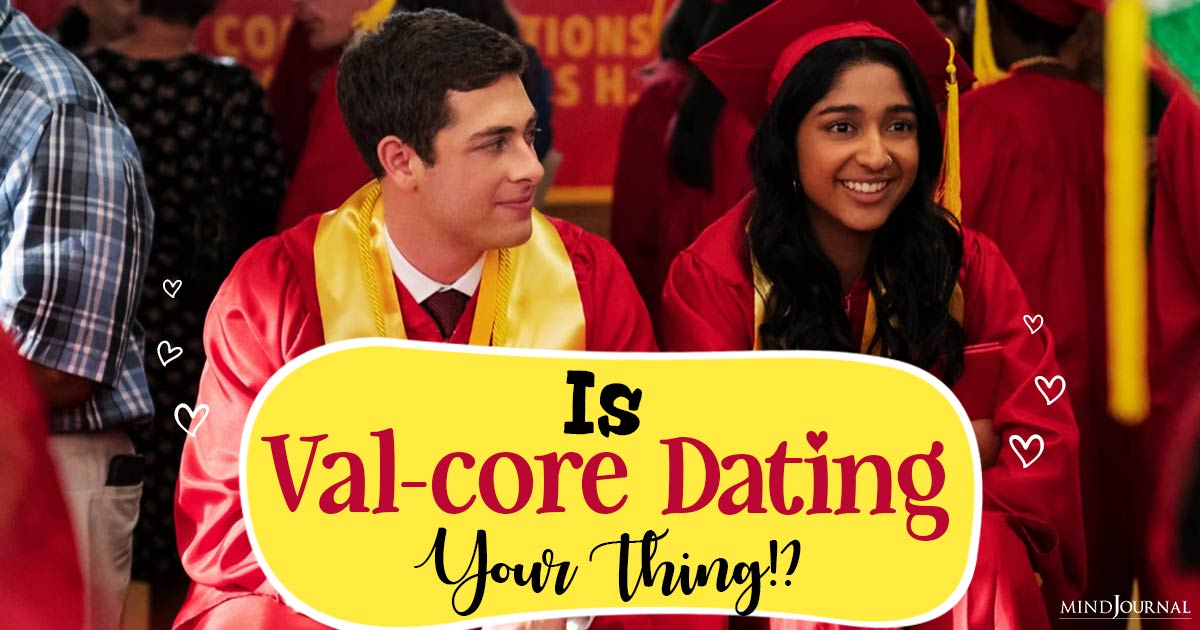


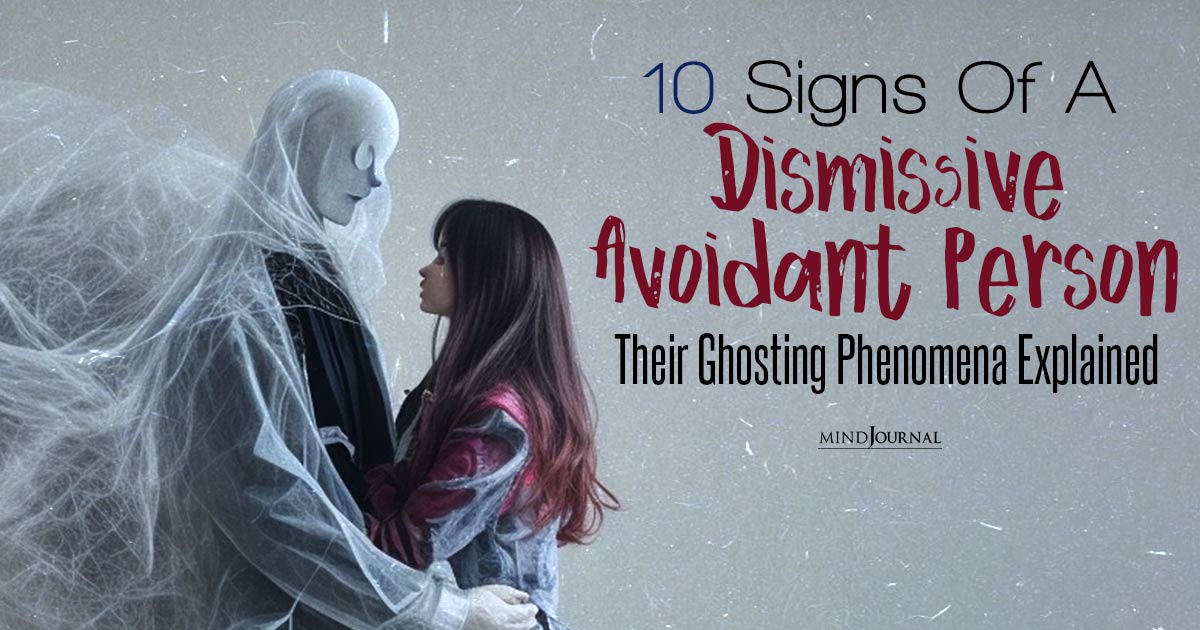
Leave a Reply